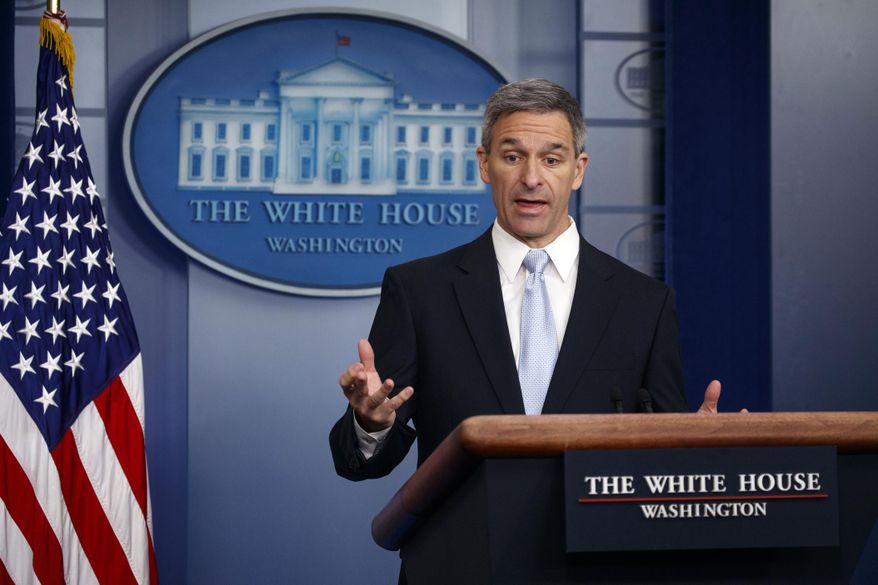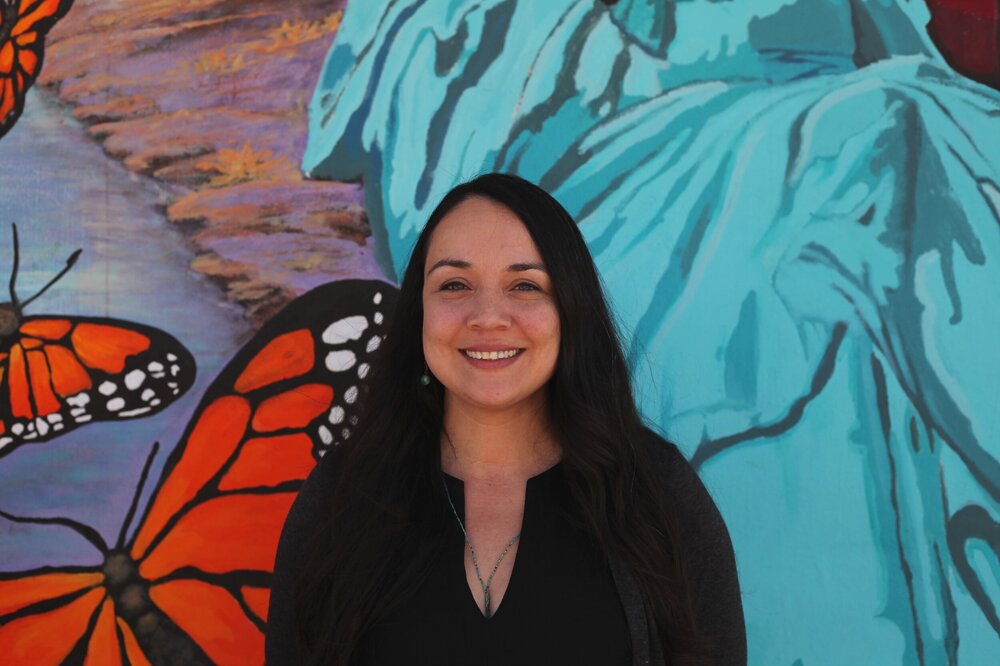EL PASO, Texas (Border Report) — Widespread confusion followed Monday’s implementation of the Trump administration’s new “public charge” rule, some nonprofits reported.
“There is a lot of misinformation on the part of individuals who don’t know what the new rule is. The biggest misinformation is among legal permanent residents. They should not be impacted by this rule,” said Christina Garcia, deputy director of Las Americas Immigrant Advocacy Center in El Paso.
The rule prevents issuing legal permanent residency — a “green card” — to those who have received one or more public benefit for more than 12 months in a 36-month period. That includes any cash assistance, Supplemental Security Income, Temporary Assistance to Needy Families, Supplemental Nutrition Assistance Program, most forms of Medicaid and certain housing programs.

Garcia said Las Americas on Monday received numerous inquiries from immigrants wanting to know if they risked deportation or losing an upcoming immigration benefit because of the new requirement.
“This only applies to individuals who are adjusting their status to legal permanent residency. We are seeing individuals who don’t have the proper information taking it upon themselves to cancel any type of assistance they are receiving. We want people to seek counsel to see if they will be affected before they cancel those benefits, especially if it’s something they absolutely need,” Garcia said.
Crackdown on immigrants who use public benefits takes effect
The rule empowers immigration officers to deny green cards and certain visas to those they see fit to consider a “public charge” to the United States.
“This rule enforces longstanding law requiring aliens to be self-sufficient, reaffirming the American ideals of hard work, perseverance and determination. It also offers clarity and expectations to aliens considering a life in the United States and will help protect our public benefit programs,” said Ken Cuccinelli, deputy secretary of the Department of Homeland Security.

Garcia said those affected are either already in the United States on some sort of visa and seeking to adjust their status to permanent residency, or are being “petitioned” by a U.S. citizen or legal permanent resident. Some of those affected may not be receiving benefits for themselves but maybe for a child. One such benefit would be the Children’s Health Insurance Program known as “CHIP.” Another could be Medicaid.
“What’s also being required now is more scrutiny regarding individuals and household income. Also, the forms have changed. So our message is if you’re unsure how this will affect you, go get (legal advice),” Garcia said.
She said the rule gives U.S. Citizenship and Immigration Service (USCIS) too much discretion.
“We believe that this new public charge rule is part of what this administration is creating, which is tougher regulations and more discretion for specific types of people: folks that may be people of color or people who may not have huge wealth or all of the resources,” she said.
She added that, historically, many people who’ve come into the United States have been needy, but then they go on to contribute to the greatness of this nation.
“We know that individuals will sometimes get public assistance but are then able to integrate into the community without becoming a burden,” Garcia said. “But now with this shift, we don’t know how that’s going to affect what the immigration threads and our communities are going to look like in the future.”
Visit the BorderReport.com homepage for the latest exclusive stories and breaking news about issues along the United States-Mexico border.
















